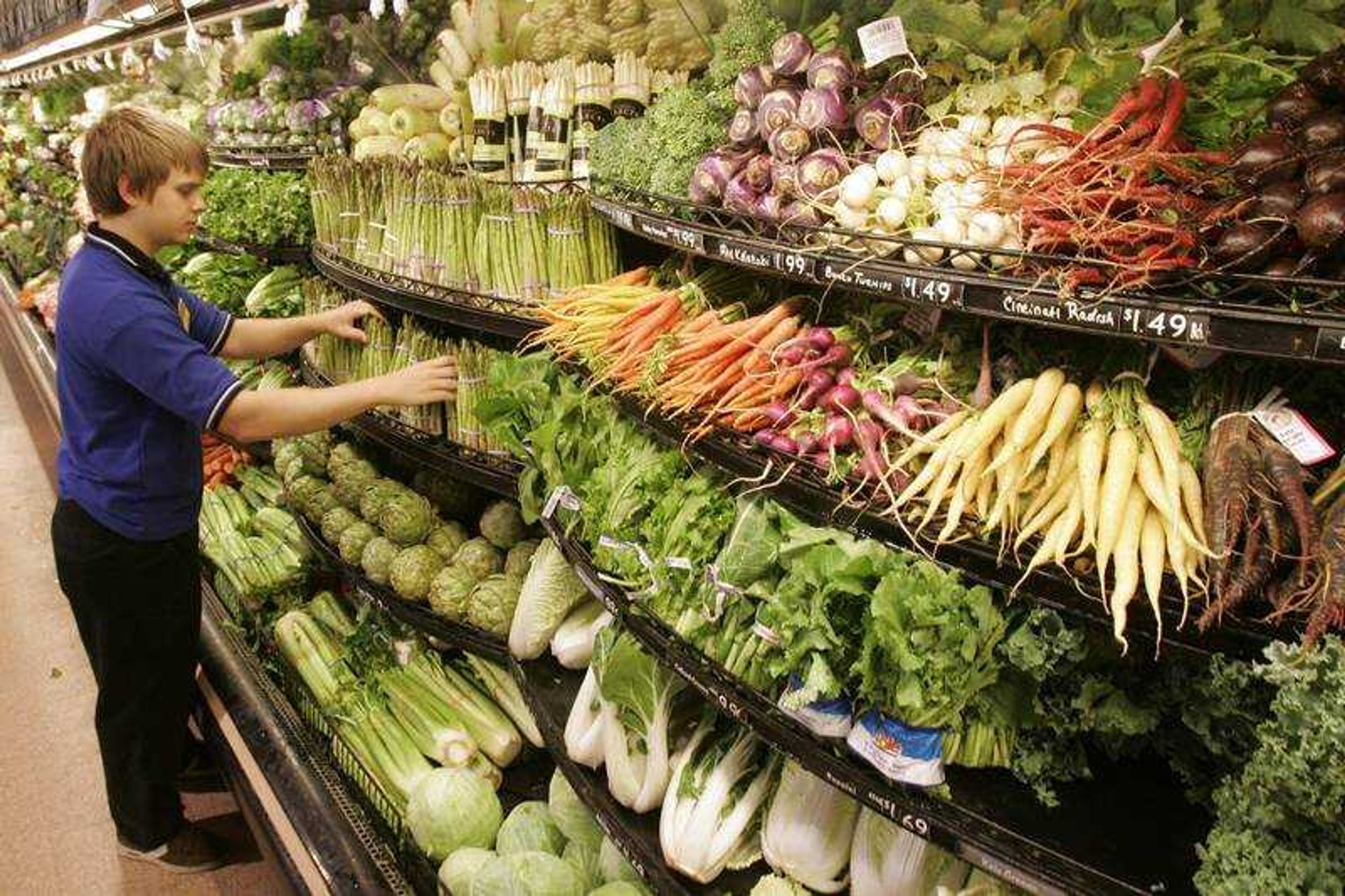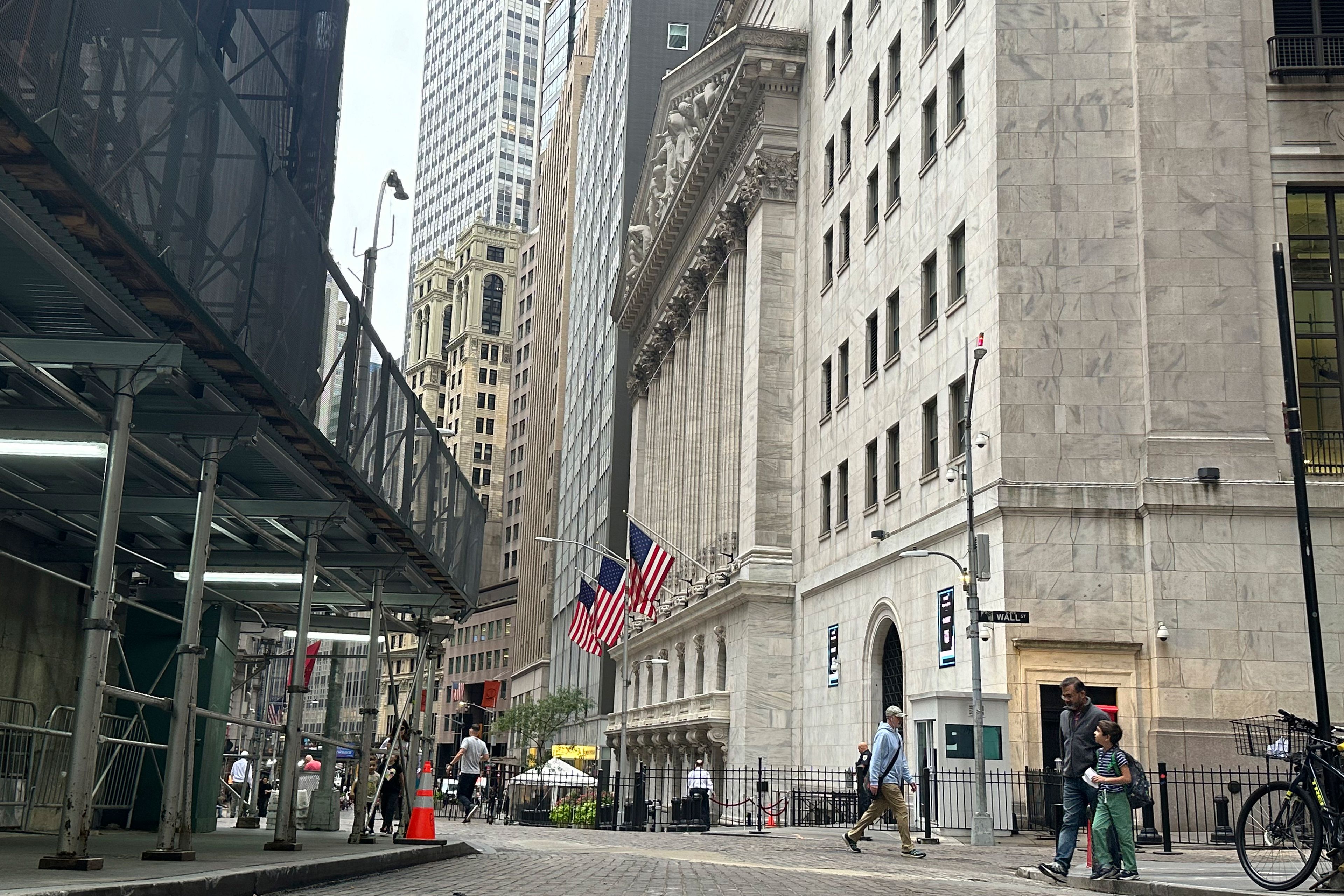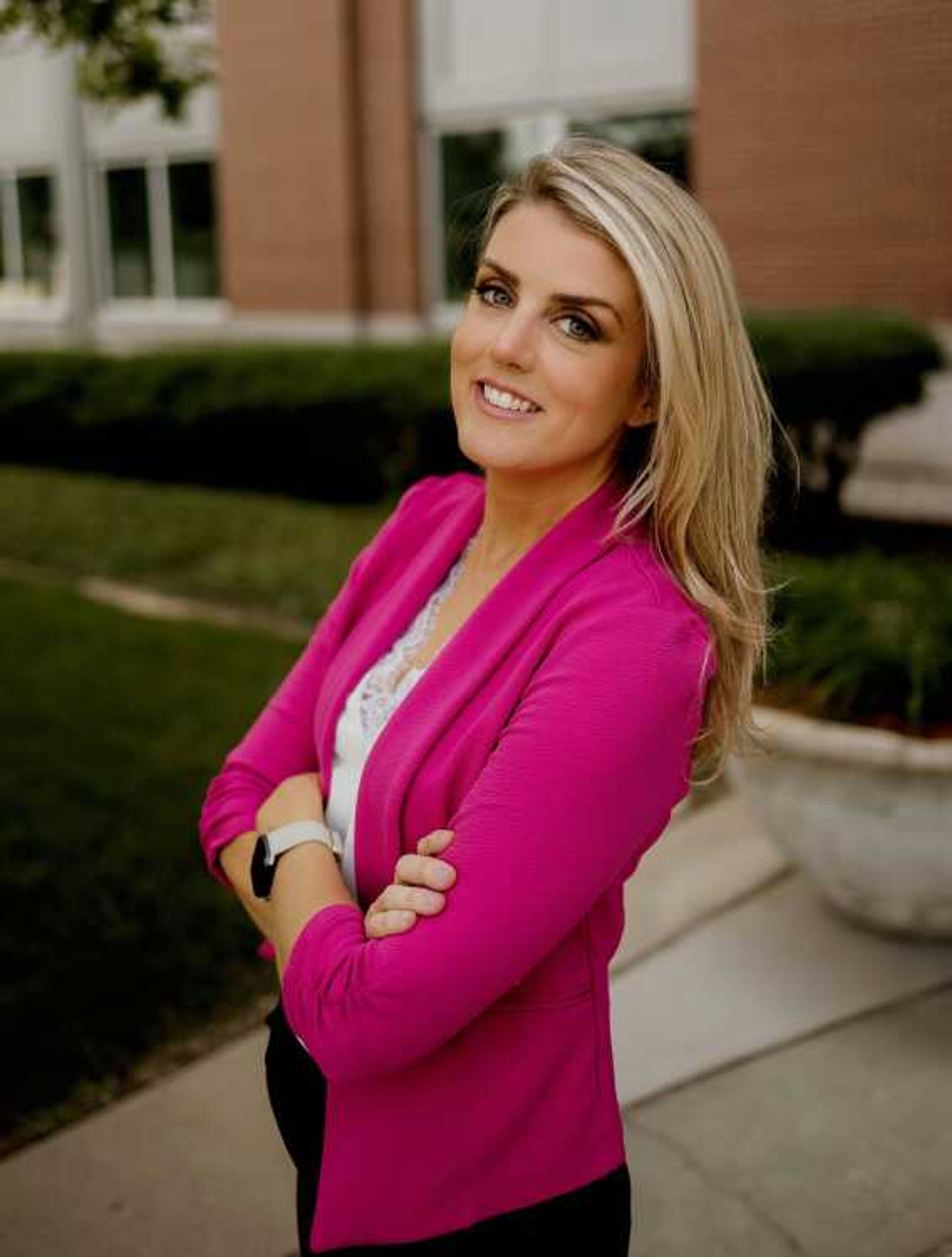WASHINGTON — The tomato scare may be over, but it has taken a toll — it's cost the industry an estimated $100 million and left millions of people with a new wariness about the safety of everyday foods.
An Associated Press-Ipsos poll finds that nearly half of consumers have changed their eating and buying habits in the past six months because they're afraid they could get sick by eating contaminated food.
They also overwhelmingly support setting up a better system to trace produce in an outbreak back to the source, the poll found.
The people who feel that way include the growers.
Virginia's East Coast Produce, one of the largest tomato growers in the country, has been hammered by slumping demand and falling prices, although Virginia tomatoes were cleared early on, said sales manager Batista Madonia III. He said he's frustrated by the government's inability to find the root cause of the outbreak despite a nearly two-month-long investigation.
Cause remains unknown
The salmonella outbreak has sickened more than 1,200 people in 42 states since the first cases were seen in April.
"I guarantee in that time frame, more than 1,000 people were injured slipping on a banana peel," Madonia said.
Although federal officials lifted the tomato warning Thursday, the cause of the outbreak remains unknown. Hot peppers are under suspicion, and tomatoes have not been cleared everywhere.
While the poll found that three in four people remain confident about the overall safety of food, 46 percent said they were worried they might get sick from eating contaminated products. The same percentage said that because of safety warnings, they have avoided items they normally would have purchased.
Christy Taylor, a first-grade teacher from Sacramento, Calif., said she has all but given up on supermarket produce and is buying most of her fresh fruits and vegetables at the local farmers' market instead.
"I see the same farmers every single week," said Taylor, 30, the mother of 2-year-old twin girls. "You meet the people and you see where the [produce] is coming from."
Tracking technology
Eighty-six percent in the poll said produce should be labeled so it can be tracked through layers of processors, packers and shippers, all the way back to the farm. The lack of such a system frustrated disease detectives working on the salmonella outbreak. However, the industry is divided over mandatory tracing technology, and Congress is running out of time to act on any major food safety changes before the election.
The poll found that 80 percent of Americans said they would support new federal standards for fresh produce. Meat and poultry have long been subject to enforceable federal safeguards, but fruits and vegetables are not, although produce increasingly is being implicated in outbreaks.
The high level of uneasiness should not be taken lightly, said Michael R. Taylor, a former senior federal food safety official who now teaches at George Washington University.
"When you have almost half the population avoiding certain foods because of safety concerns, that's very significant from the standpoint of economic impact for the people selling the food, and from the standpoint of peace of mind for consumers," Taylor said.
In addition to the salmonella outbreak, this year has seen the largest ground beef recall in history, raising consumer concerns reflected in the poll.
The survey found gender, racial and economic gaps on attitudes about food safety.
Women, who do most of the shopping, were more concerned than men. For example, 39 percent of men said they were "very confident" that the food they buy is safe, but only 23 percent of women said they felt that way. However, men and women agreed on the need for better federal oversight.
In Congress, a leading advocate of food safety reforms said the industry would do well to listen to consumers on the need for tracing.
"We live in an age of technology where you can bar-code a banana," said Sen. Richard Durbin, D-Ill. "We've got to work this through with the industry and come up with something that's reasonable. The more confidence consumers have, the more goods they will purchase."
The survey was conducted by telephone July 10-14 with 1,000 adults and had a sampling error margin of plus or minus 3.1 percentage points.
Connect with the Southeast Missourian Newsroom:
For corrections to this story or other insights for the editor, click here. To submit a letter to the editor, click here. To learn about the Southeast Missourian’s AI Policy, click here.









